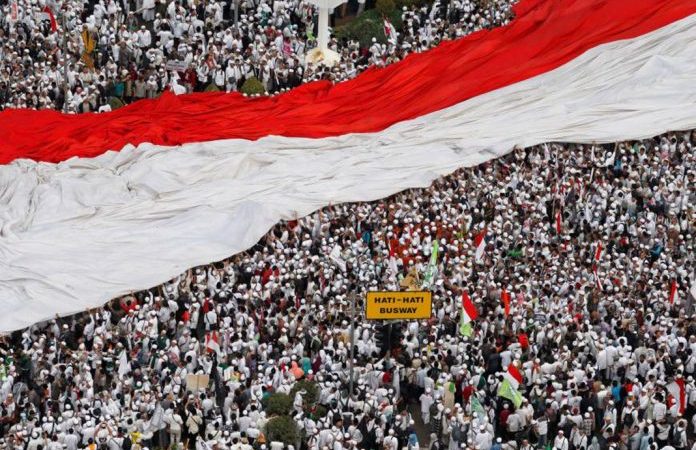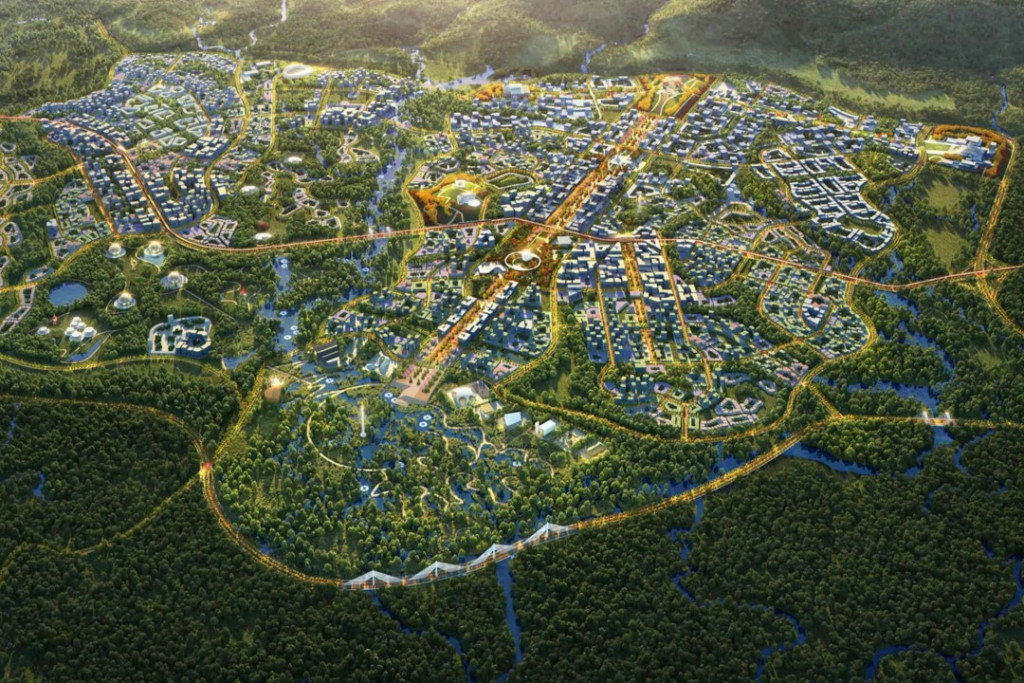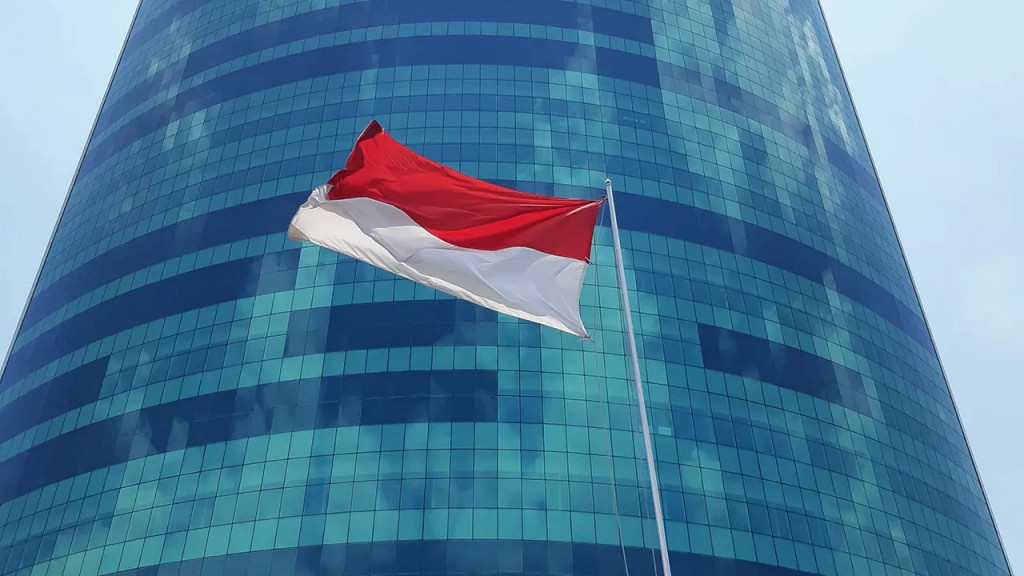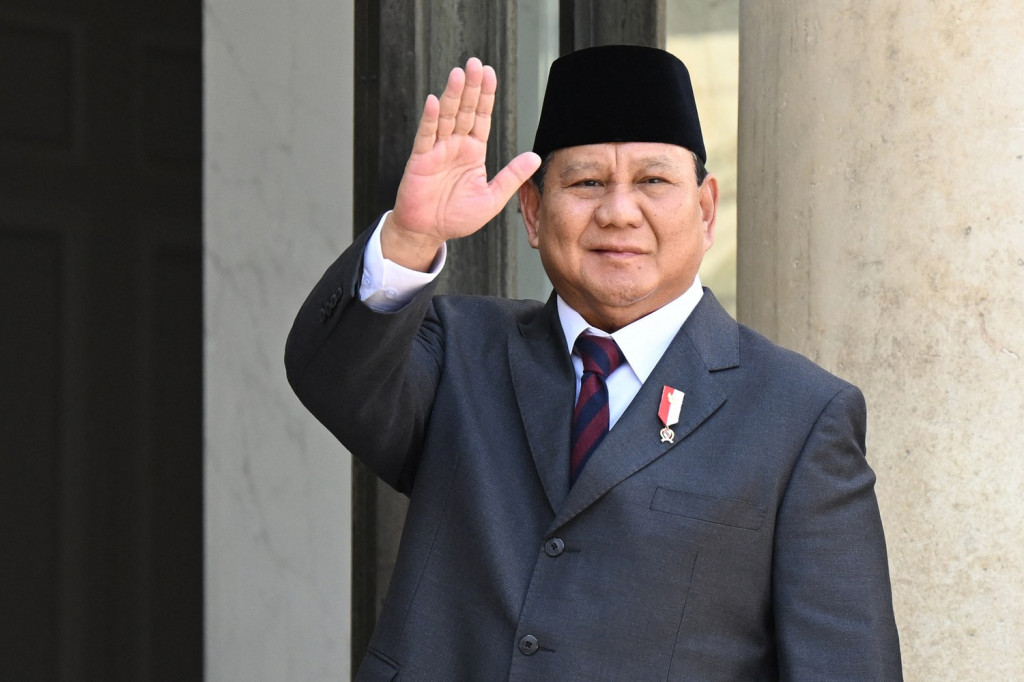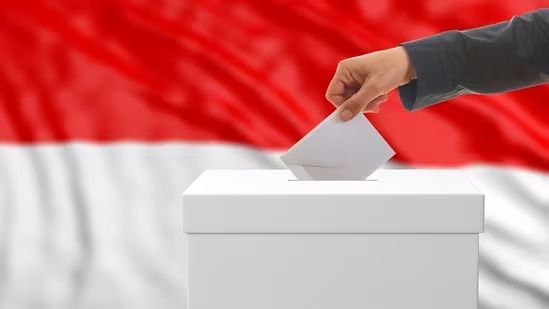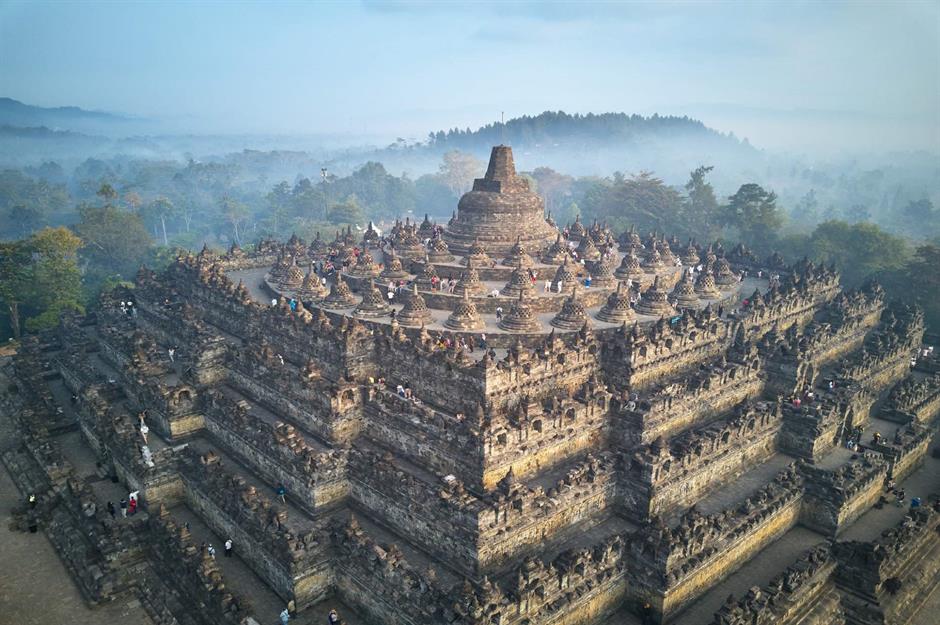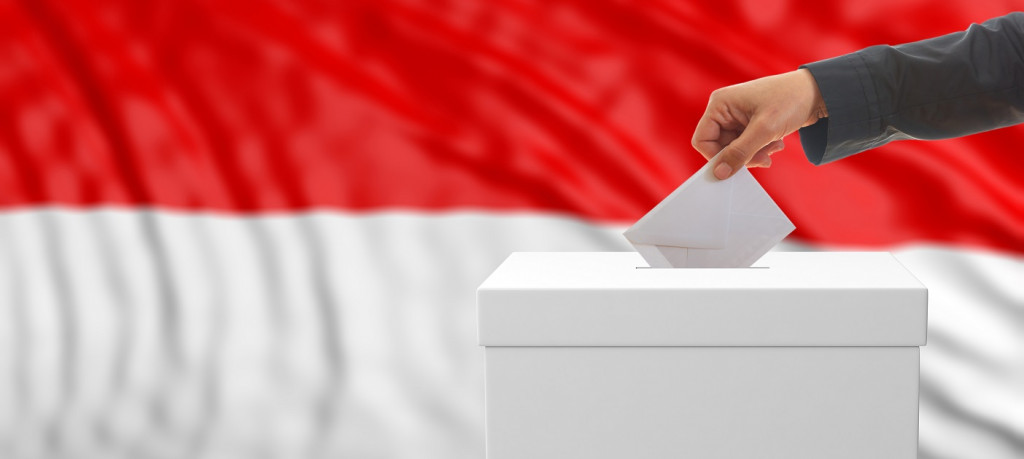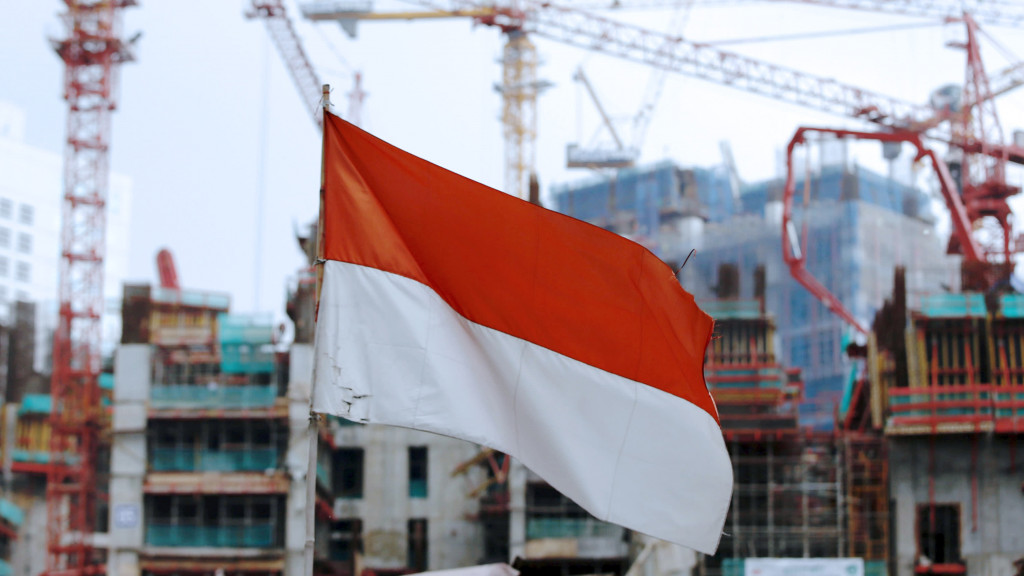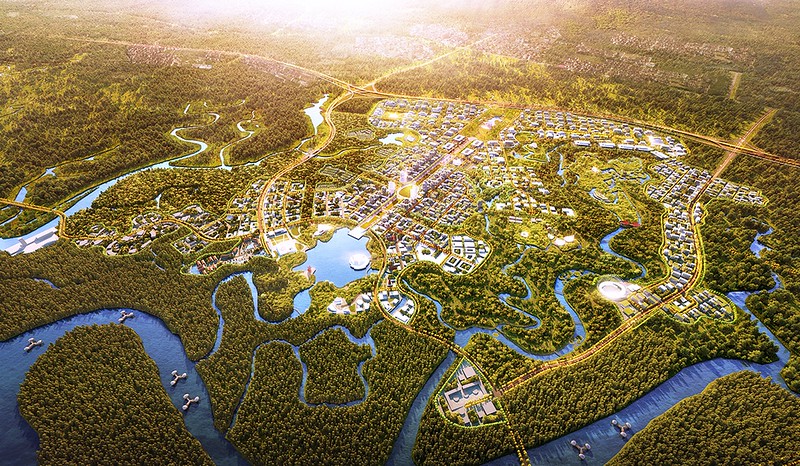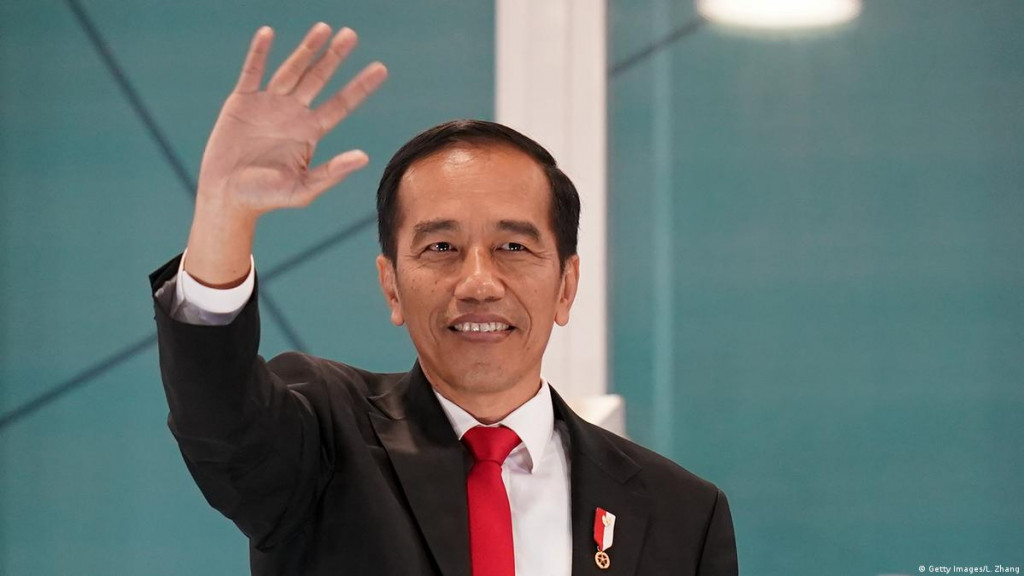The foreign policy approach of Indonesia's newly elected president will help determine the balance in the region.
By Alessia Caruso
In February 2024, Indonesia's Defence Minister Prabowo Subianto won the presidential election in South-East Asia's largest democracy. He will formally assume office from October, taking over from his long-time rival Joko Widodo.
Prabowo's presidency opens against a backdrop of rising regional tensions, presenting him with a significant challenge in positioning himself within the political chessboard. At 72 years of age, the newly elected President will have to skilfully navigate this complex geopolitical landscape. It will be crucial to understand what foreign policy approach Prabowo will adopt. Indeed, his decisions will have inevitable repercussions on the role and balance of power within ASEAN.
Tension in the South China Sea area has been drastically increasing in recent years. According to available data, the total military expenditure of the countries in the region has grown by 6.2% in recent years, reflecting the desire of these states to strengthen their presence and projection capabilities in the area. In parallel, there has been an intensification of regional strategic alliances. In particular, the US has become more actively engaged, strengthening political and military ties with allies such as Japan, the Philippines. The combination of clashes, increases in defence spending and alliances in the region highlights how the South China Sea has become one of the main theatres of geopolitical competition between the great powers in the Indo-Pacific.
As the most populous country and largest democracy in Southeast Asia, Indonesia plays a major role in the complex geopolitical context of the South China Sea. As tensions and conflicts in the area continue to escalate, all eyes are on how President Prabowo's administration will approach the increasingly tense regional environment.
During Widodo's tenure, Indonesia's approach towards China has evolved considerably from a proactive attitude aimed at promoting regional peace, to a passive, non-antagonistic one, while maintaining a firm defence of national borders in the Natuna Islands area, Indonesian territory claimed by China within its controversial ‘Dash line’. Under Widodo, the interest in redeeming a role in the regional balance of power has made way for the desire to develop local infrastructure, financed largely by China.
Although it is still too early to define how Prabowo will present himself in the international scenario, a clear indication was given by his visit to China, from 31 March to 2 April, at the personal invitation of President Xi Jinping. On this occasion, the President of the People's Republic extolled the development of bilateral relations between the two states, while Prabowo renewed his intention to pursue Widodo's cooperative policies. The intention is to strengthen economic, trade and anti-poverty relations. This is Prabowo's first trip as President-elect, and he thus decides to set the priorities of his term of office from the outset. This decision is reflected in the economic ties that have been built over the past decades between the two powers. The People's Republic has become Indonesia's main trading partner, accounting for 40% of its exports and 55% of its imports, thus creating an undoubted link of economic dependence. The visit thus testifies to the importance Prabowo intends to place on the domestic and economic dimension within his agenda, continuing his predecessor's policy of appeasement. The relationship established between the two states appears to all intents and purposes to be a mutual exchange agreement, such that Indonesia secures its economic interests, while China secures the tacit consent of the South China Sea's most populous nation, in a context where bilateral relations are becoming increasingly decisive. In describing his security and defence relationship with China, Prabowo describes the People's Republic as a key partner in ensuring stability and peace in the region. In doing so, the Indonesian general seems well prepared to cede control of the regional security and defence line to China, consciously abdicating his condemnation of military incursions into the territorial waters of other ASEAN member states. However, the risk of this strategy of security passivism is that Indonesia will abdicate altogether the political role it is entitled to within the region's balance of power. A role that, prior to Widodo's presidency, Indonesia was largely committed to redeeming.
The implications for ASEAN's resilience are important. Indeed, the risk is that the inability, as well as the lack of will, to take a stand within the regional debate will contribute to the fragmentation of political will, with the result that the region will increasingly become a playground for US-China rivalry. The lack of strategic positioning of the leading ASEAN democracy, in a tense context such as the South China Sea, is in itself a stance in favour of increasing fragmentation.
In conclusion, how the new Indonesian president will balance domestic, regional and global interests will be crucial in defining Indonesia's future positioning in the Asian arena and the consequent repercussions on the cohesion of ASEAN.


